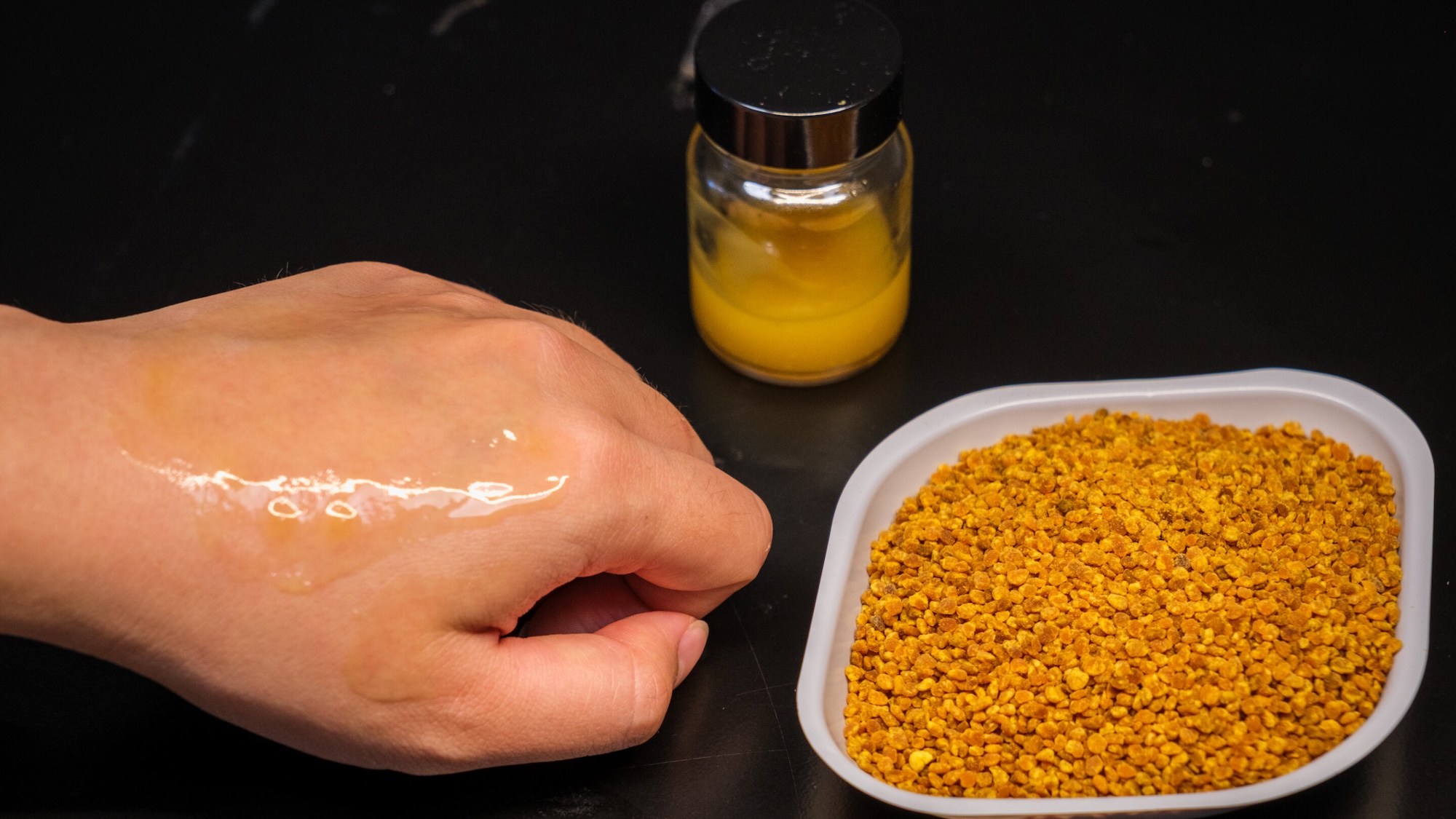Now Reading: Could Pollen Revolutionize Eco-Friendly Sunscreen?
-
01
Could Pollen Revolutionize Eco-Friendly Sunscreen?
Could Pollen Revolutionize Eco-Friendly Sunscreen?

Rapid Summary
- Researchers at Nanyang Technological University, Singapore, have developed an eco-friendly sunscreen prototype using natural flower pollen (primarily camellia and sunflower).
- The sunscreen uses sporopollenin, a durable biopolymer found in pollen shells, which naturally protects against UV rays.
- A gentle water-based extraction method separates the shell remnants for processing into microgel instead of harsh chemical treatments.
- Laboratory tests show the microgel achieves SPF 30 protection while reducing skin damage and inflammation. Camellia gel performed slightly better than sunflower gel.
- The camellia-based sunscreen is non-allergenic to humans and non-toxic to oceans, addressing environmental harm caused by customary sunscreens that contribute to coral bleaching.
- Pollen-based sunscreen regulates temperature by reflecting certain wavelengths of light, keeping skin about 9°F cooler for over 20 minutes.
Image Descriptions:
- Application of microgel sunscreen near camellia seeds used in the formula (Image Credit: NTU Singapore).
- Informational image promoting product guides and reviews.
Indian Opinion Analysis
This innovative development could hold significant potential for india given its tropical climate and extensive coastline where sun protection is crucial for both residents and tourists. Traditional sunscreens’ harmful impact on marine ecosystems is pertinent as India’s coral reefs face threats from pollution, climate change, and tourism activities. Introducing accessible eco-friendly alternatives such as this pollen-based sunscreen presents a dual benefit: protecting human health while preserving vital underwater biodiversity.
Moreover,leveraging natural solutions like sporopollenin aligns with India’s push toward lasting practices in various industries under initiatives like “Green India.” Local production utilizing abundant flora like camellia could further reduce costs if scaled up domestically-ensuring affordability alongside ecological benefits. Though, transitioning fully toward such innovations will depend on successful commercial trials proving efficacy at scale paired with public awareness campaigns around environmental harms posed by conventional sunscreens.
























